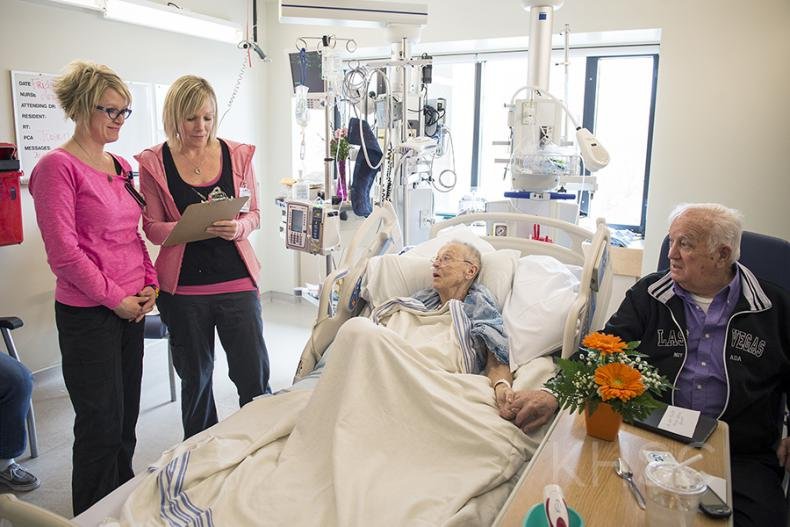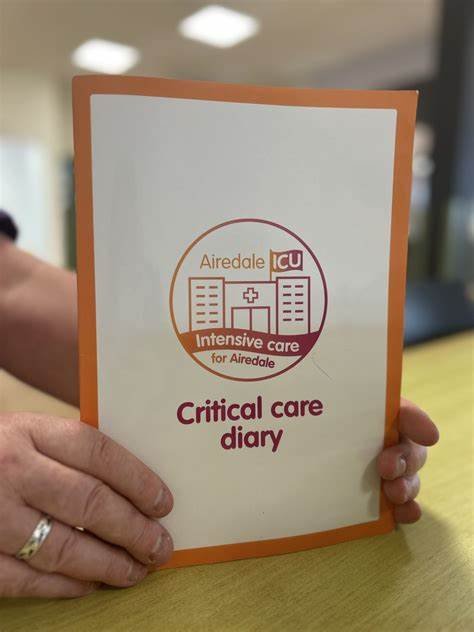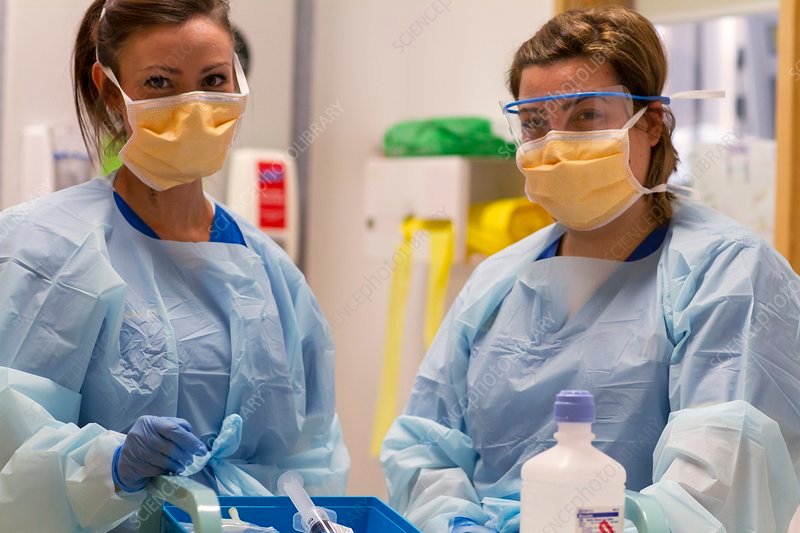How to prepare for a family meeting about intensive care is an important topic for families facing difficult health situations. When a loved one is in the ICU, emotions run high, and it can be hard to know what to do. Family meetings are crucial for sharing information, discussing treatment options, and making decisions together. In this article, we’ll share practical steps to help you prepare effectively for such meetings.
Understand the Purpose of the Meeting
Before the meeting, it is essential to understand its purpose. Family meetings about intensive care usually focus on discussing the patient’s condition, treatment options, and next steps. Knowing what the meeting aims to accomplish helps set a clear agenda and keeps everyone on track. This understanding can reduce anxiety and help everyone focus on the important aspects of the discussion.

Gather Relevant Information
To prepare for a family meeting about intensive care, gather all relevant information about your loved one’s condition. This includes medical records, test results, and notes from healthcare providers. Knowing the patient’s current status and treatment history will enable you to discuss their needs and options confidently. It may also be helpful to write down any questions you want to ask during the meeting. Having this information at hand ensures that everyone is informed and can participate actively in the conversation.
Include All Important Family Members
When planning the meeting, include all family members who are involved in the patient’s care. This may include siblings, parents, or close friends. It’s crucial for everyone to have a voice in the discussion, as each person may have different perspectives and concerns. Coordinating with family members ahead of time allows everyone to be prepared and share their thoughts during the meeting. This collective approach fosters unity and ensures that all viewpoints are considered.
Choose an Appropriate Time and Place
Timing and location matter when preparing for a family meeting about intensive care. Choose a time when most family members can attend and are not rushed or stressed. Ideally, the meeting should take place in a quiet, private space where everyone can speak freely. This could be a conference room in the hospital or a designated area in the waiting room. A comfortable environment helps everyone feel at ease, making it easier to discuss sensitive topics.
Set an Agenda for the Meeting
Creating an agenda is a helpful way to organize the meeting. The agenda can outline the main topics to discuss, such as the patient’s current condition, treatment options, and any concerns family members may have. Distributing the agenda in advance allows everyone to prepare their thoughts and questions. This structure helps keep the meeting focused and ensures that all essential points are addressed.
Prepare Emotionally
Preparing emotionally for a family meeting about intensive care is as important as gathering information. Meetings can bring up strong feelings, including fear, sadness, and frustration. Take time before the meeting to process your emotions and understand how you want to communicate. Practicing calm breathing or mindfulness techniques can help reduce anxiety. Being emotionally prepared allows you to express yourself clearly and listen to others without getting overwhelmed.
Practice Active Listening
During the meeting, it is vital to practice active listening. This means fully focusing on what others are saying without interrupting or planning your response while they speak. Show empathy and understanding toward your family members’ feelings and concerns. Acknowledging each person’s perspective fosters a supportive atmosphere and encourages open communication. Remember that everyone is there to support the patient, and listening is key to making informed decisions together.
Be Ready to Ask Questions
Asking questions is an essential part of preparing for a family meeting about intensive care. Don’t hesitate to seek clarification on any medical terms, treatment options, or potential outcomes. It’s essential to understand the situation fully to make informed decisions about your loved one’s care. Prepare a list of questions beforehand and share them with the healthcare team during the meeting. This proactive approach ensures that you receive the information you need.
Discuss Next Steps
Before concluding the meeting, it is essential to discuss the next steps. This may involve deciding on treatment options, scheduling follow-up meetings, or determining who will communicate with healthcare providers. Clarifying these steps helps the family feel more in control and reduces uncertainty. Everyone should leave the meeting with a clear understanding of what happens next, which can provide peace of mind during a challenging time.
Follow Up After the Meeting
After the meeting, it is helpful to follow up with family members and the healthcare team. Check in with each other to discuss any lingering questions or concerns. Additionally, maintain open lines of communication with healthcare providers, so you are updated on the patient’s condition and care plan. Regular communication reinforces the family’s role in the patient’s care and helps everyone feel supported.
Conclusion
Preparing for a family meeting about intensive care is crucial for ensuring a productive discussion. By understanding the purpose, gathering relevant information, and involving all important family members, you can create a supportive environment for open communication. Remember to practice active listening and be ready to ask questions. Following these steps will help you navigate this challenging time with confidence and clarity.











